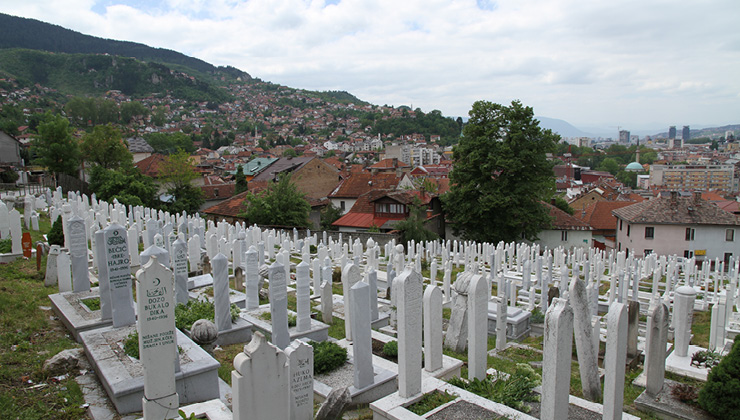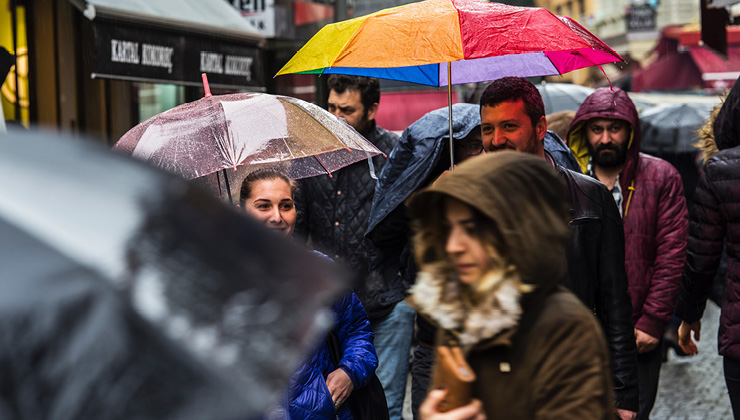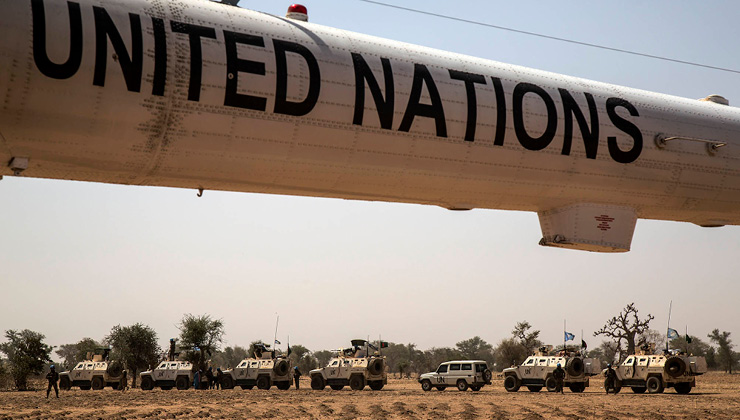Aven Aziz, Houzan Mahmoud, Rega Rauf and Shara Taher respond to the recent blog “Blaming the Feminists: Attempts to Debilitate a Movement”, in a call to highlight the importance of diaspora activism and to situate some historical and current work of diaspora feminists and the many achievements by academics and grassroots activists who have brought Kurdistan and its diaspora closer to gender equality.
We are a group of women from different backgrounds who share a history of activism that aims to promote women’s rights in Kurdistan and throughout its diaspora. Most, if not all women living in the diaspora, have fled war and state violence. We are not limited by our geography, nor does distance place a barrier on our activism and understanding of the realities of Kurdish women in Iraq. On the contrary, we have always had a continuous presence there through our international campaigns, books, magazines and conferences. Although some critique the work being done by the diaspora this article situates the important work being done.
Diaspora feminism: fundamental contributions and current realities
Due to the division of Kurdistan almost one century ago, living in exile or being part of diasporic communitiespart and parcel of being a Kurd. Often, the homeland draws on political support from diasporic communities in times of crisis, with Rojava being the most recent case. The political and intellectual connections between the Kurdish diaspora and the homeland have always been strong.
Diaspora women have been active not only in the intellectual, social and political mobilisation of their communities in solidarity with Kurdistan, but also in the fight against all forms of gender-based violence. They have played a key role in the fight to address and prevent HBV, FGM and polygamy. addition to this, diaspora women are engaged in challenging conventional and stereotypical ideals of Kurdish women. Taboo subjects around body, sexuality and outdated gendered norms and relations are written about extensively by diaspora women. Some diaspora women were also involved in women’s rights activism back in the 1990s, documenting the violation of women’s rights, and were persecuted by the establishment, which resulted in their exile.
Diaspora activism includes, but is not limited to, raising awareness inside host countries by organising conferences and international campaigns, such as the one against Article 7 of the Constitution, which aimed to establish Sharia as the only source of law-making in Kurdistan, generating widespread debates in society and even at the parliamentary level.
One of the aims of diaspora activism is to put pressure on the KRG to amend discriminatory and sexist laws. An influential international campaign against the stoning of women in 2007, prompted by the stoning of Dua Khalil, a 17-year-old Yezidi girl who was stoned to death in an honour killing, gathered 16,000 signatures. Worldwide public seminars and conferences in the following years, coupled with local outrage, finally led to the Act of Combating Domestic Violence in Kurdistan in 2011. Diaspora women are continuously engaged in many of the debates and campaigns related to women’s liberation, both in the diaspora and Kurdistan. This is why the claim that diaspora women are “out of touch with the complexity of the situation in Kurdistan” is a baseless and false narrative that does not recognise the accomplishments of diaspora women and the depth of resistance that they had to experience.
Who produces knowledge?
Historically speaking, academic outlets in Kurdistan have not been effectively engaged in debates related to the question of Kurdish women, while many women from the diaspora have been organising debates and producing literature on the topic.
Independent feminists have been working to promote a feminist consciousness that surpasses conventional and religious mindsets. We believe that women’s struggle for liberation should remain a political debate, not a privatised and institutionalised matter that can only be sustained through corporate neoliberal funding and political party allegiances.
‘Knowledge production’ ideally is a process that ought to be linked to grassroots political activism, or built upon what has been said, debated or done before. Yet, in the KRI, such an agenda is more connected with programme-based organisations that are funded, backed and guided by the establishment, political parties, neoliberalist and colonialist powers. Groups and independent activists who refuse to align with the establishment are side-lined and their history is almost erased. Their thoughts, writings, activism and struggle against an entire unjust patriarchal, religious and tribal system is often, if not always, deliberately not mentioned or is otherwise distorted in research, academia or outlets linked to the establishment. This bias in designating specific forms of “activism” or picking and choosing certain groups as legitimate in order to fit a certain framework for ‘knowledge production’ is unfortunately a familiar story.
reality, we should be highly critical of such knowledge that is produced by institutions that are funded by the US and EU governments’ ‘reconstruction funds’. It is relevant that we analyse the so-called standards of knowledge production because these standards have served as tools of oppression by powers of the state. This type of “knowledge” produced by femocrats of the reconstruction industry surely is meant to hinder any true feminist activism that is critical of the status quo. Yet it hails the artificial work of some NGOs who have become Trojan horses for neo-liberalism in the region.
Standing against de-politicization of the women’s cause
In the KRI, there exists a series of scattered women’s organisations, some foreign-funded and others entangled with party politics, a reality that impedes their ability to innovate or engage effectively in feminist thought and activism. Women who belong to and have strong allegiances to their parties often view each other with suspicion due to political rivalry. Also, this lack of political independence makes them compliant to their parties’ influence on not only their activism but also on who gains employment or promotion. It is no secret that in Kurdistan a large number of these top women and men will have been chosen by male politicians. Thus, they may not only reinforce patriarchal attitudes and norms but also contribute to a divisive strategy and to silencing independent, outspoken women.
Since the US invasion of Iraq in 2003, we have seen the EU and US distribute money without accountability, leading to a mushrooming of NGOs and the subsequent “NGO-isation” of the women’s cause. It could be further argued that this has consequently led to the institutionalisation of activism, creating tokens, ‘divas’, ‘stars’ or ‘celebrities’ which only serves to undermine grassroots activism. What we are left with is a culture of neoliberal corporate “professionalization” of activism.
Funders often chose those organisations and institutions which are bureaucratised and have corporate-like systems and do not have a politically feminist vision for women’s rights. Thus foreign funds have nurtured a hierarchical structure, in which the important positions were held by already well-connected local Kurdish women, often those who have strong family and political links with powerful male politicians. These voices are amplified by the US, UK and other EU governments and institutions, as their version of feminism is compatible with neoliberalism, creating yet another layer of division and hierarchy recalling colonialist attitudes in a region ravaged by nepotism, war and genocide.
This has resulted in a regimentation of the women’s cause, producing a vague and feeble discourse on violence against women and women’s issues in general where the focus has shifted towards gender quotas, more women in politics, in ministerial positions and as CEOs. This is the kind of ‘lean in feminism’ which is ready to exploit both women and men in the service of capitalism and institutional power. Although some of these women adopt the language of ‘feminism’, women’s freedom and gender equality, in essence they are but foot soldiers of neoliberalism.
Finally, our honest criticism should not be seen as undermining genuine women’s rights advocates or those who gain financial support for effective feminist activism. We wish to salute and support those independent and autonomous groups who fight for women’s rights but who are pushed to the margins. We will continue to be critical of a feminism that represents institutional power and one that distorts women’s rights. We believe that open debate and criticism is a cornerstone of advancing women’s rights. We will continue to be critical, as we consider this our basic right as people who have been active in this arena for over two decades.
The views, thoughts and opinions expressed in this blog post are those of the author(s) only, and do not necessarily reflect LSE’s or those of the LSE Centre for Women, Peace and Security.
Image credit: Flickr (CC BY 2.0)




